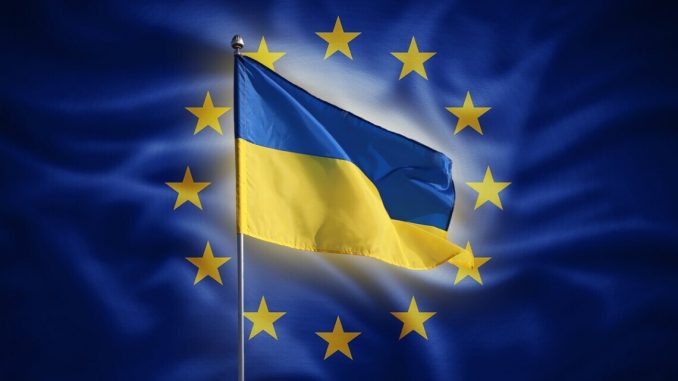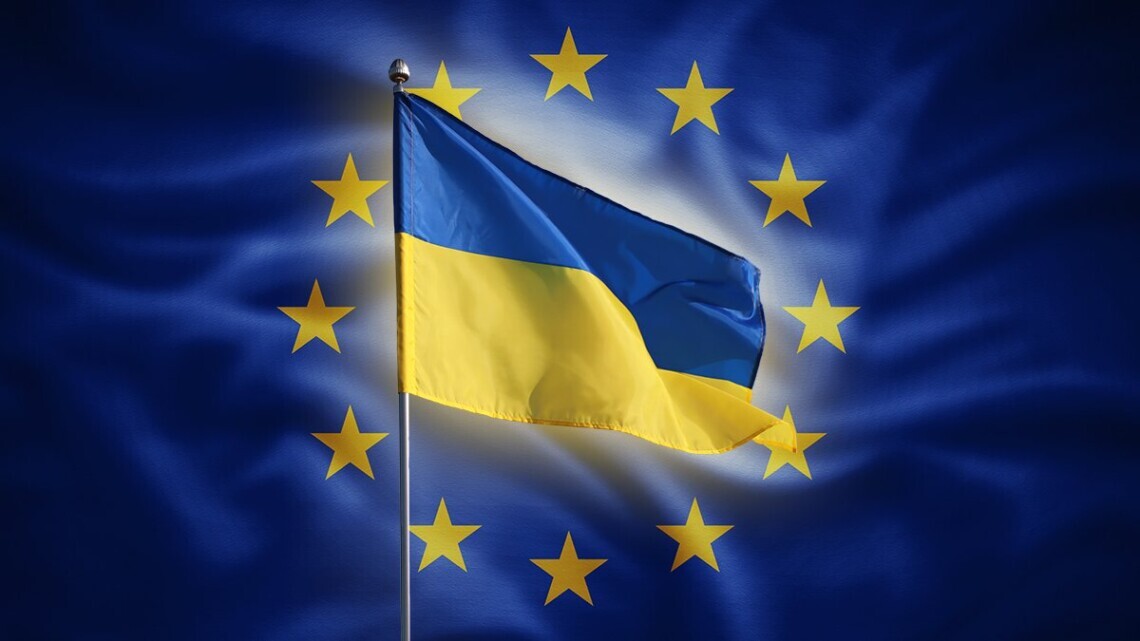
Kyiv, 21 November 2022 – The United Nations Development Programme and the European Union today announced an additional investment of EUR 35 million ($34.4 million) into UNDP’s Resilience Building and Recovery (RBR) Programme for Ukraine. The overall objective of the Programme is to support Ukraine in withstanding the full-scale Russian invasion, introducing early recovery and rebuilding efforts as conditions allow, and facilitating a swift return to development pathways and processes to support the achievement of the Sustainable Development Goals.
Ambassador Matti Maasikas, Head of the EU Delegation to Ukraine, said the new contribution aligns with the key outputs of the EU Emergency Support Programme for Ukraine, while supporting the practical implementation of a number of reform prerequisites for EU accession, including strengthening the rule of law and supporting structural economic reforms. “This June,” he said, “the EU granted candidate status to Ukraine. This new contribution will be part of the support that will facilitate moving towards the EU while also helping Ukraine further address the needs of its population which is suffering from Russia’s aggression.”
Interim UNDP Resident Representative Jaco Cilliers said UNDP welcomes the expanded partnership with the European Union. “We have worked closely with the EU in Ukraine over the past decade through various programmes,” he said. “Their strategic support has been essential in helping ensure government at all levels in Ukraine remains resilient and able to fulfil its leadership role in all humanitarian and crisis response efforts.”
The new contribution will support initiatives to strengthen the resilience and early recovery of communities in selected target areas of Ukraine by expanding access to quality public services such as healthcare facilities, strengthening community security and public safety, and enhancing the strength of the social fabric at local level. In line with the UNDP Digital Strategy 2022-2025, the project will leverage digital technologies and solutions as much as possible to address the identified development challenges.
In addressing the needs of the more than 6 million displaced Ukrainians, most of whom have were forced to flee from the eastern and southern oblasts, the new funds will be used to expand programmes and community initiatives to support their further integration into host communities, placing a particular emphasis on youth engagement and on local solutions that link humanitarian response to early recovery planning. Women and men veterans will be one of the key target groups for assistance under the expanded programme, given their specific vulnerability and the pivotal role they will play in peacebuilding and development activities at the end of the war. The funds also will be used to strengthen the capacity of Ukraine’s National Police to prevent gender-based violence through community policing and other measures.

